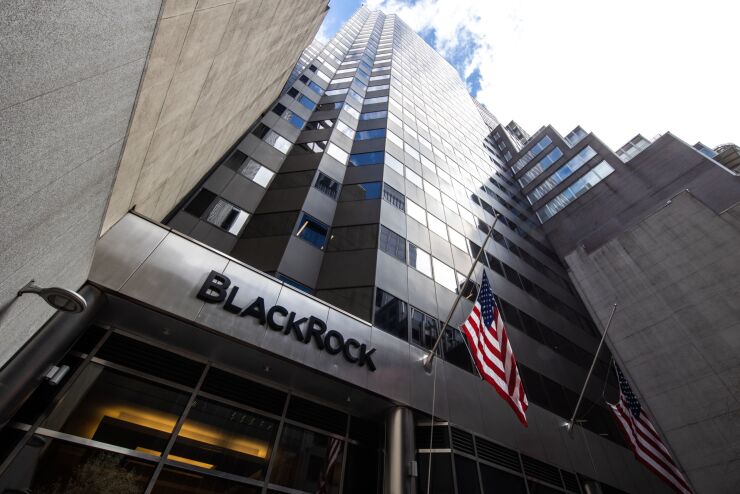A wave of job cuts that's swept through the global finance industry hasn't affected demand for ESG specialists, where hiring growth continued through 2022, according to a study by Barclays.
Analysts at the UK bank, who used natural language processing to trawl through more than 200 million job postings, found that asset managers, asset owners, and banks "continue to seek ESG skills and talent, defying a broader hiring downturn and outpacing every other sector."
The findings suggest that it pays to build expertise in environmental, social and governance strategies, as some of the world's largest banks resort to deep cuts in more traditional corners of their business. Goldman Sachs embarked on one of its biggest rounds of reductions ever last month, cutting about 3,200 positions. Morgan Stanley parted ways with 1,600 employees in December, while others such as Bank of America have also resorted to layoffs, albeit on a smaller scale.
Many of the announced cuts will restore banks' headcount to pre-pandemic levels, and coincide with efforts in the industry to adjust to a slowdown in deal-making.
The Barclays analysts behind the research — Alexa Walls, Jason M. Goldberg and Adam Lauretig, a data scientist — said that a firm's ESG hiring record tends to be a good indicator not only of its commitment to sustainability, but also of its stock performance going forward. They singled out BlackRock as a firm with a high level of interest in adding ESG jobs. At Goldman Sachs, they found the interest level to be moderate.
"Firms with higher than normal ESG hiring interest were more likely to experience subsequent rating improvements and enjoyed better stock performance two to three years following the posting date," they said.
The Barclays study also indicated that the headwinds faced by firms embracing ESG in the US, where Republican states have issued several bans against the investing form, haven't dented the finance industry's commitment to it.
"Even as news headlines have questioned whether ESG is losing traction, it seems buyside and sellside alike remain convinced of its strategic relevance and future demand," the Barclays analysts wrote.







